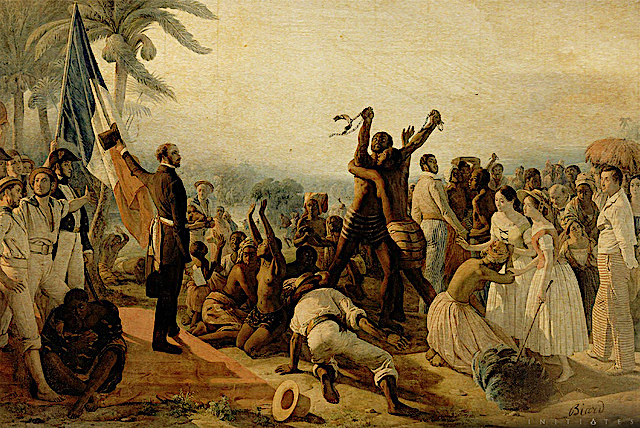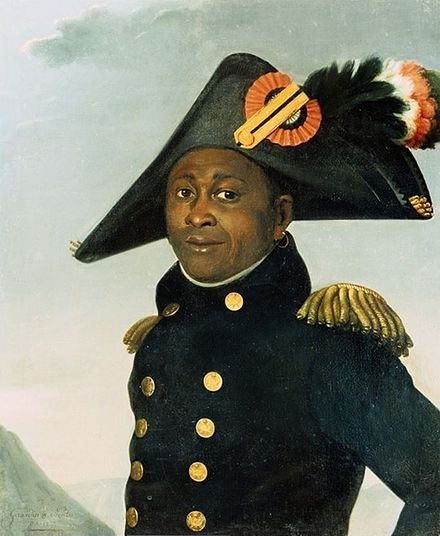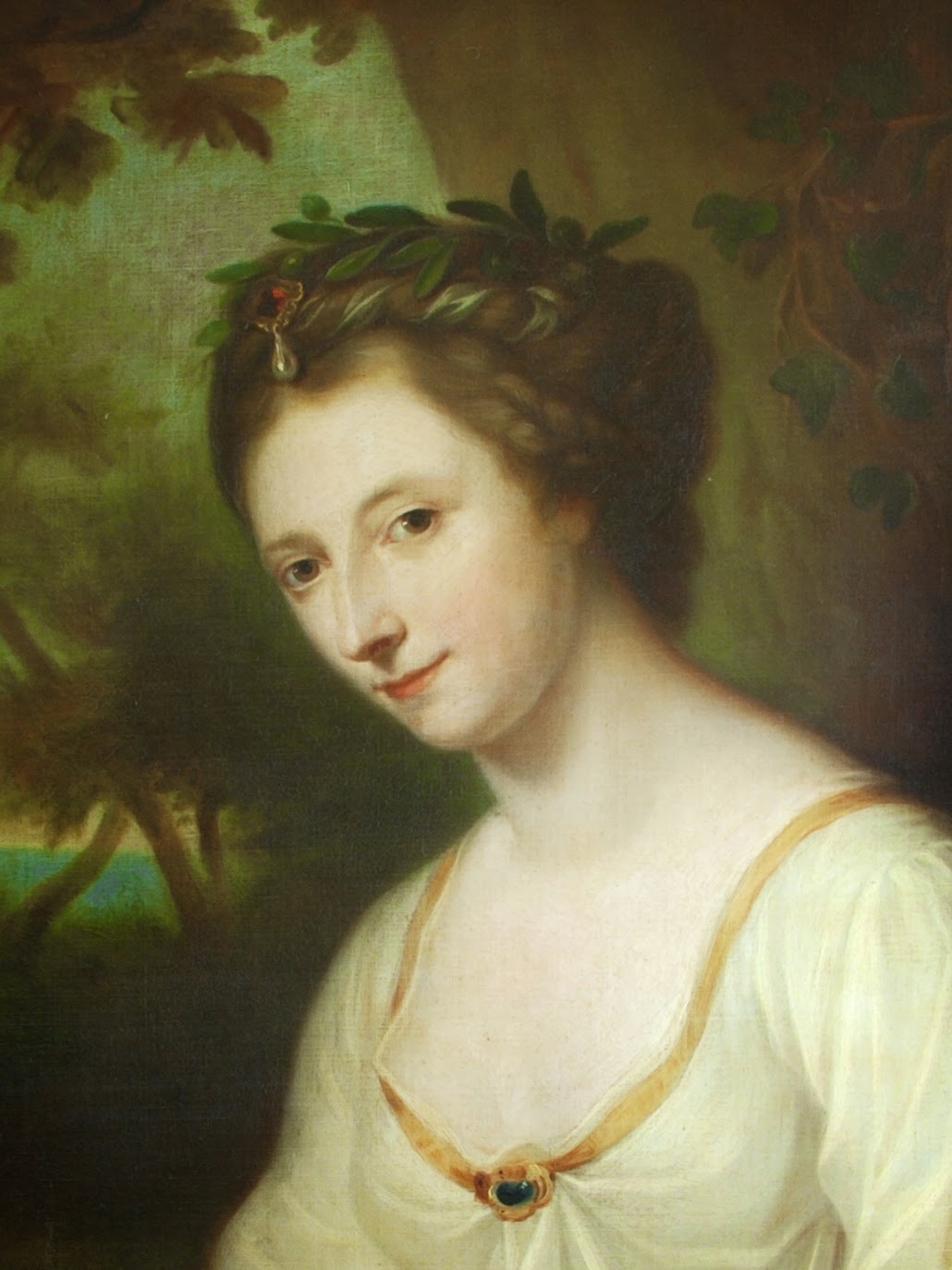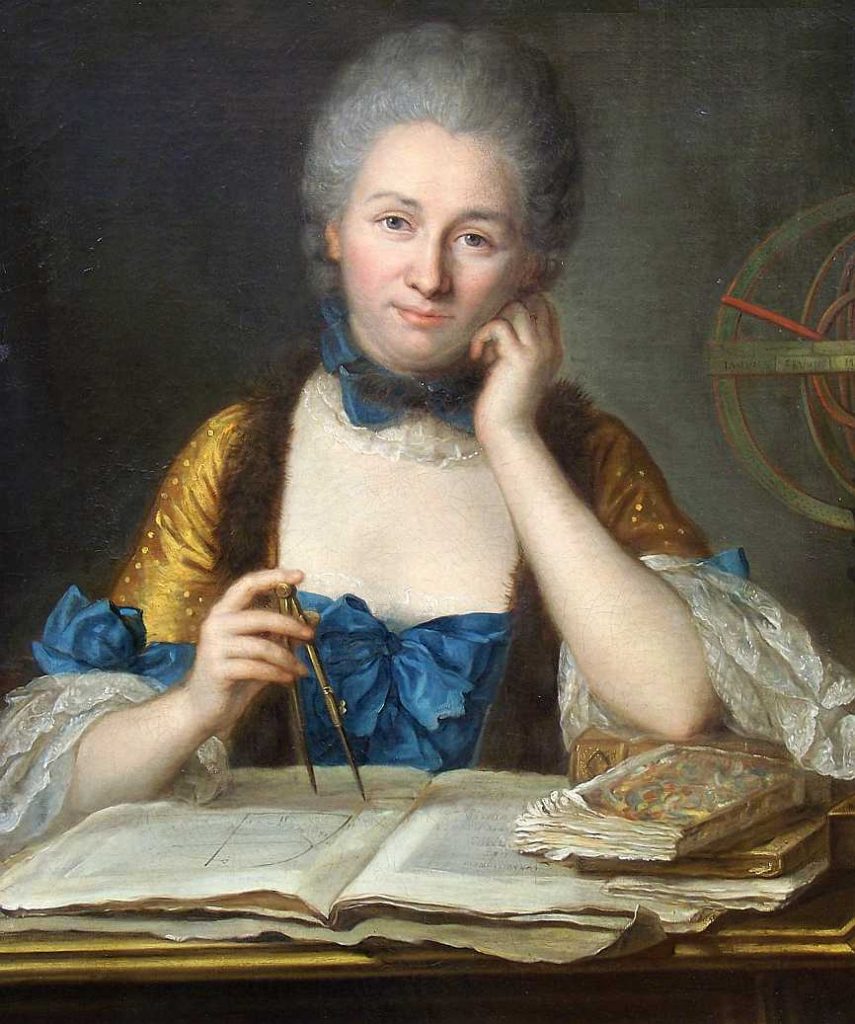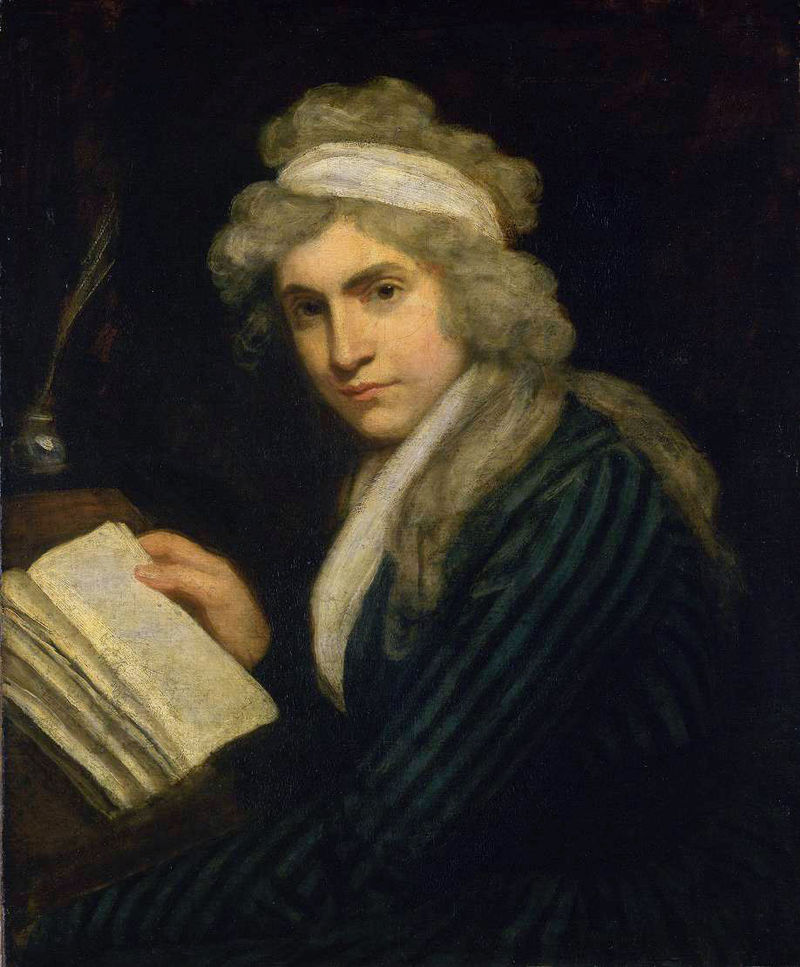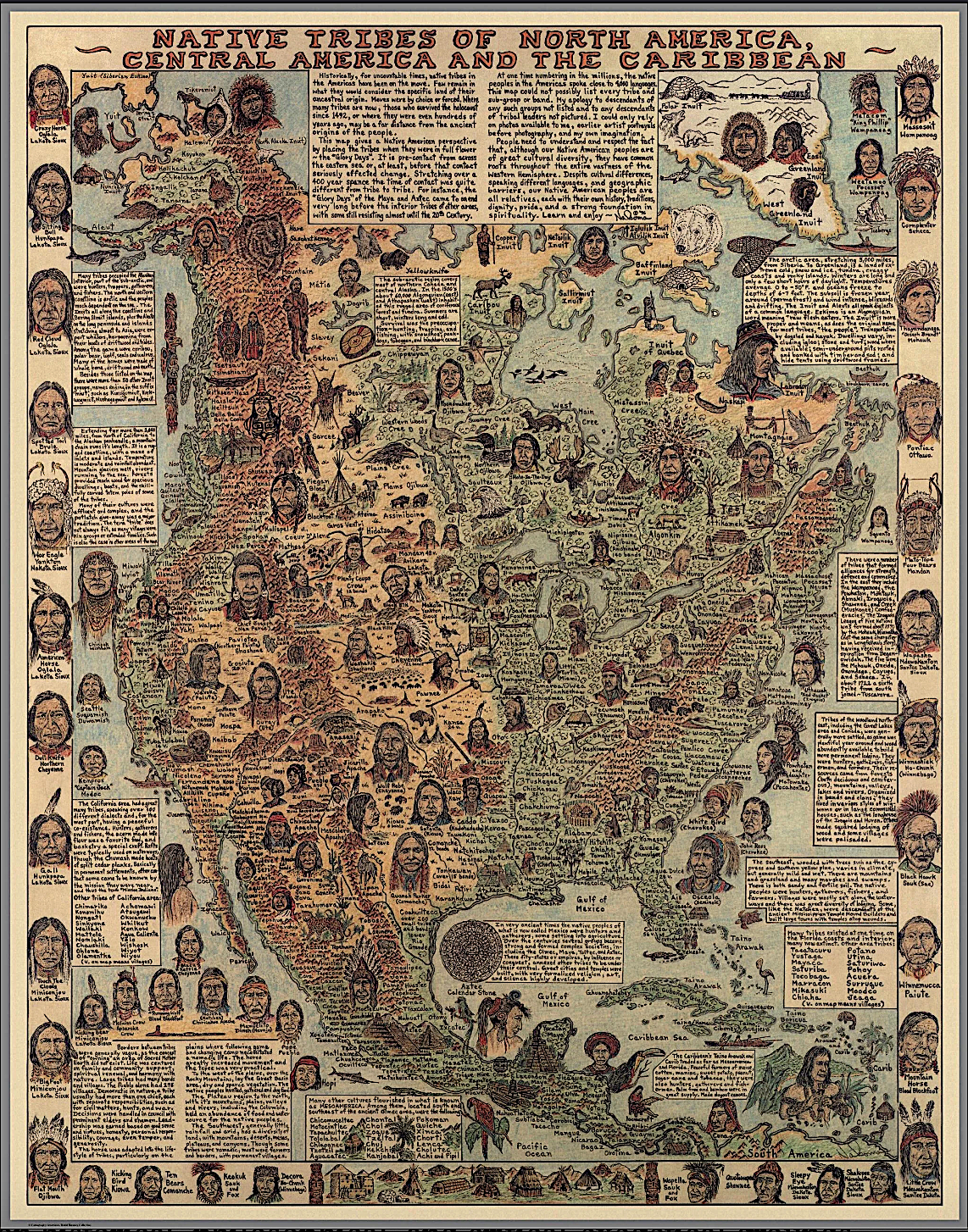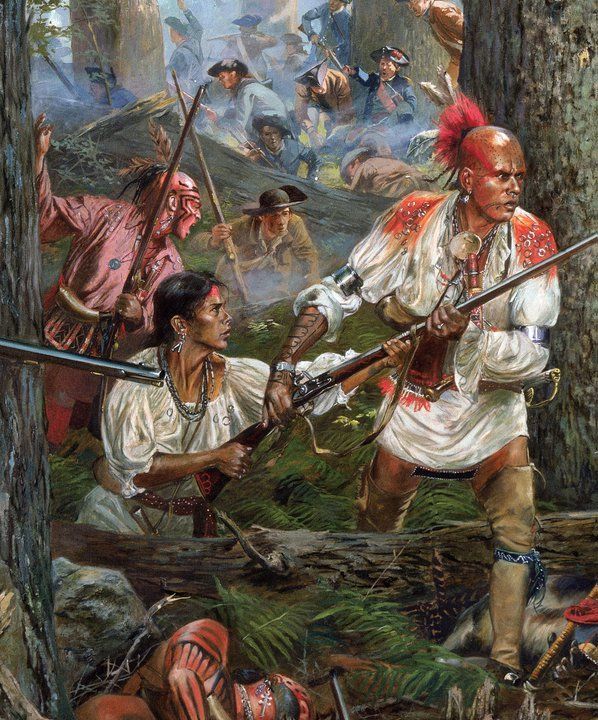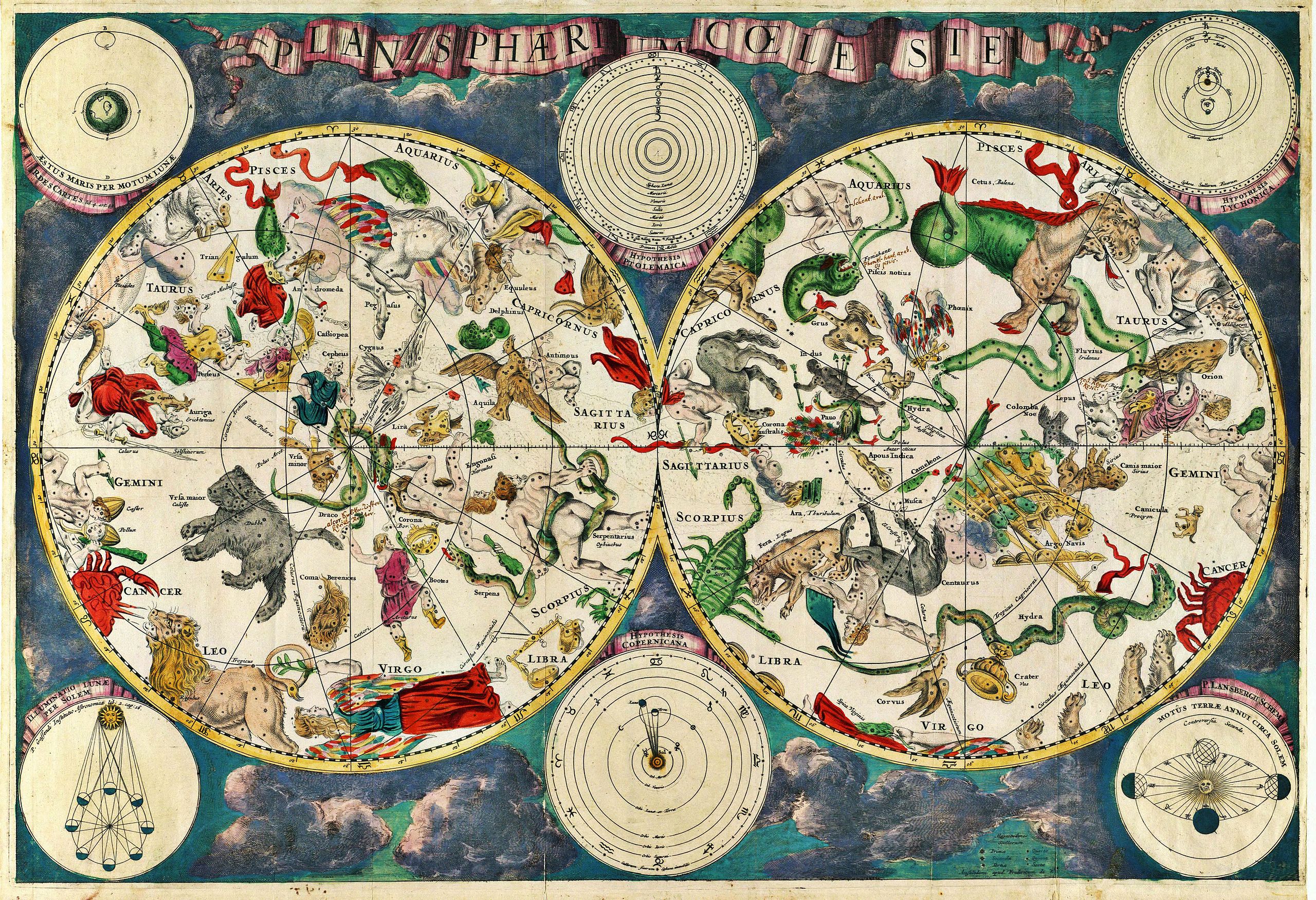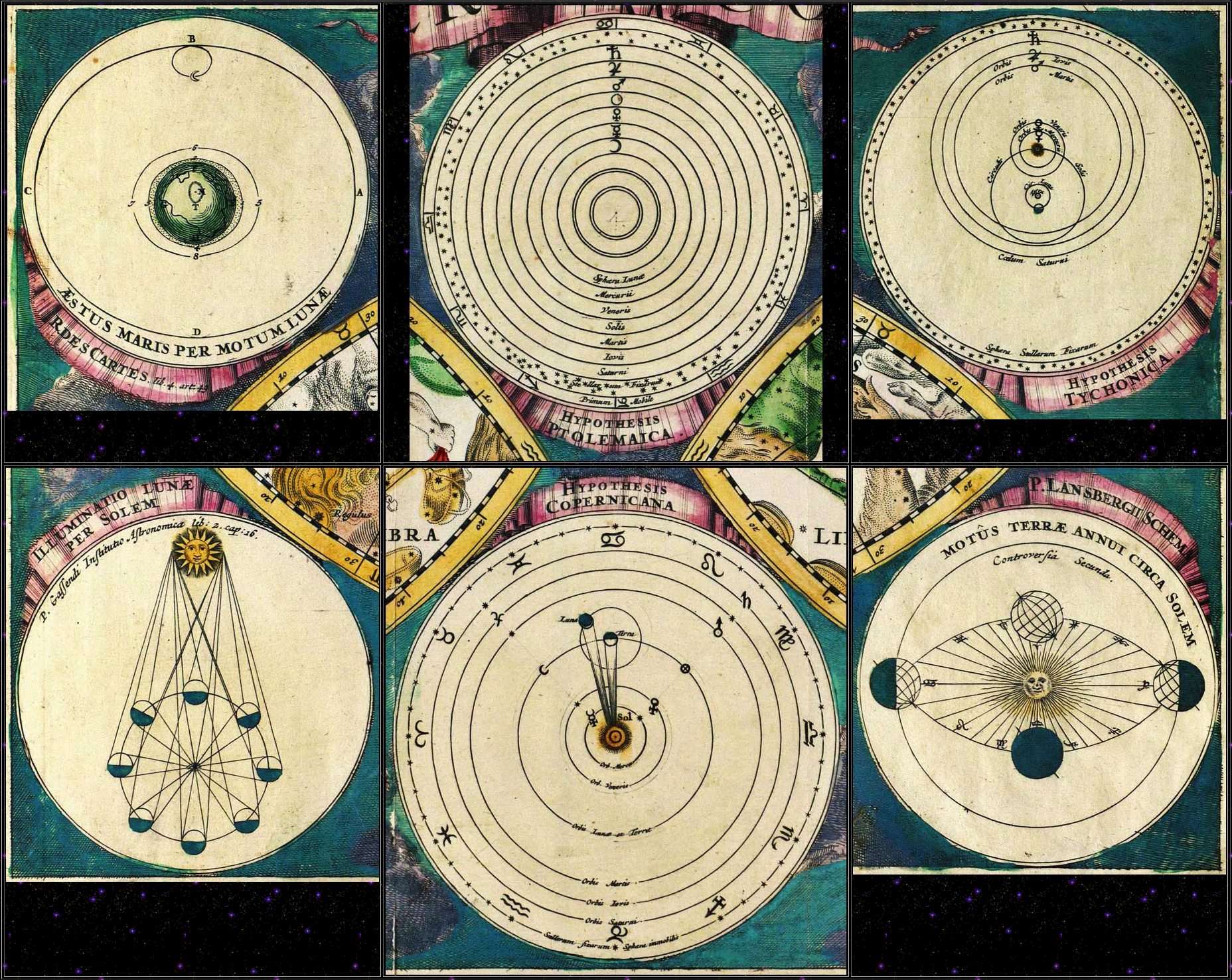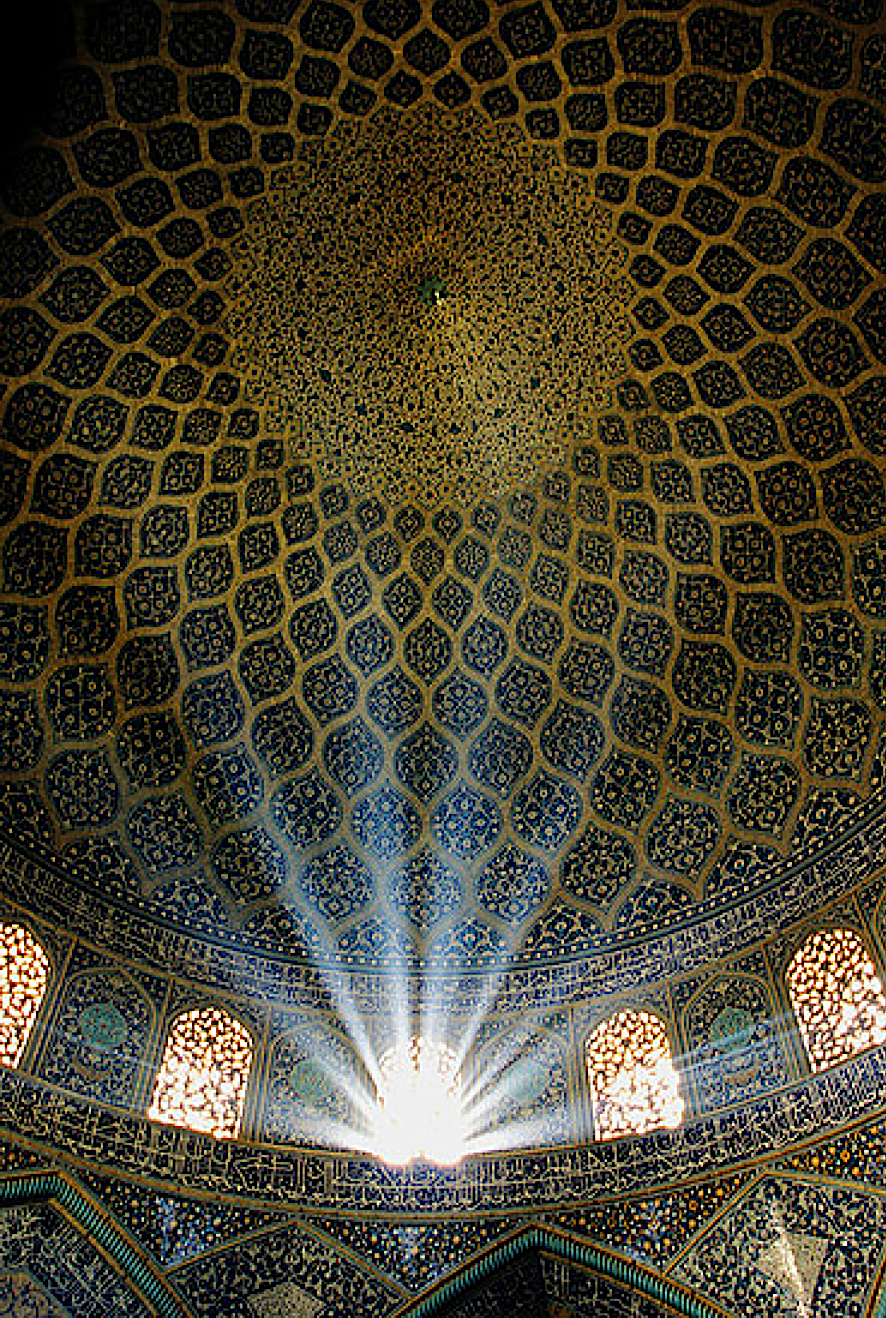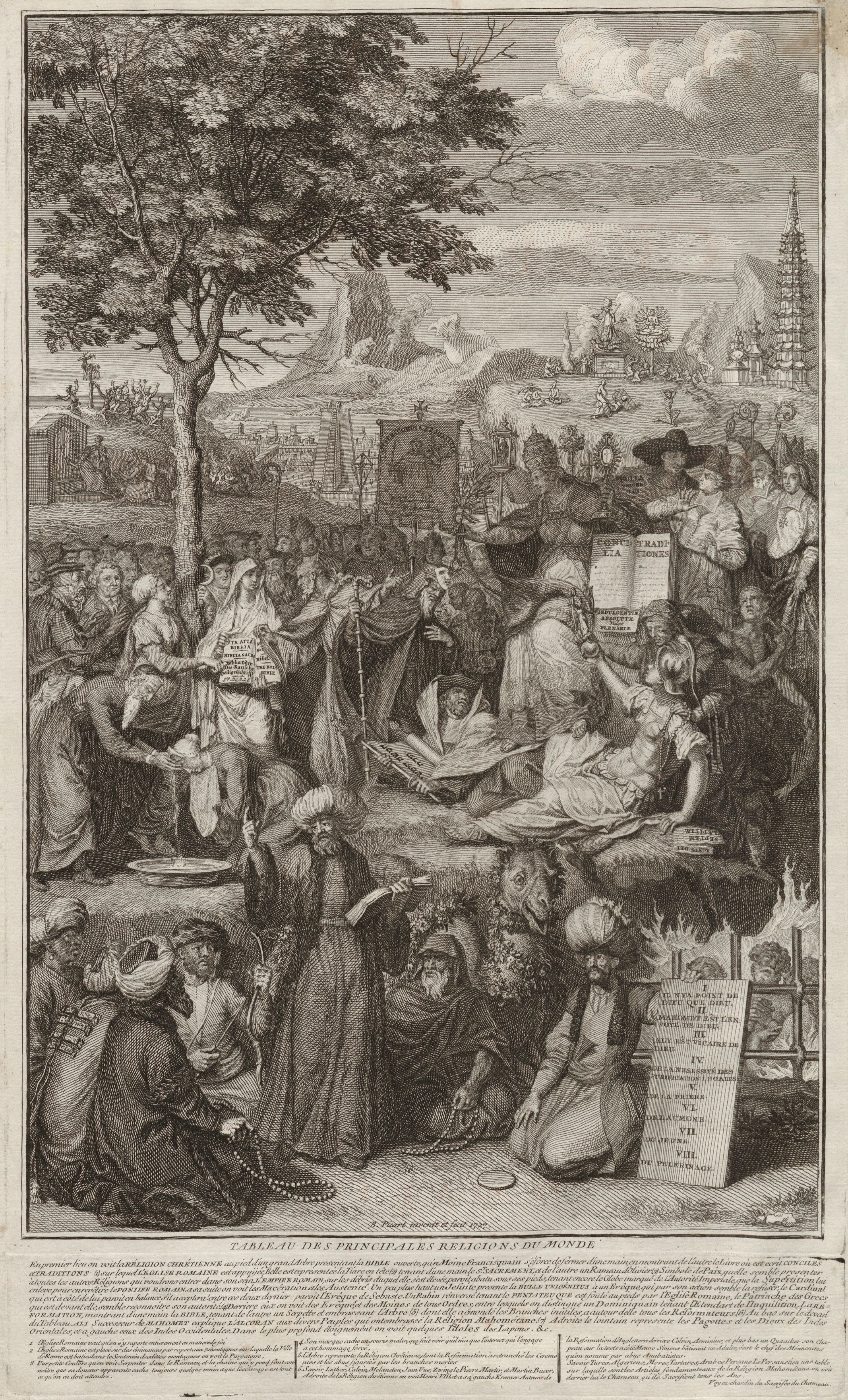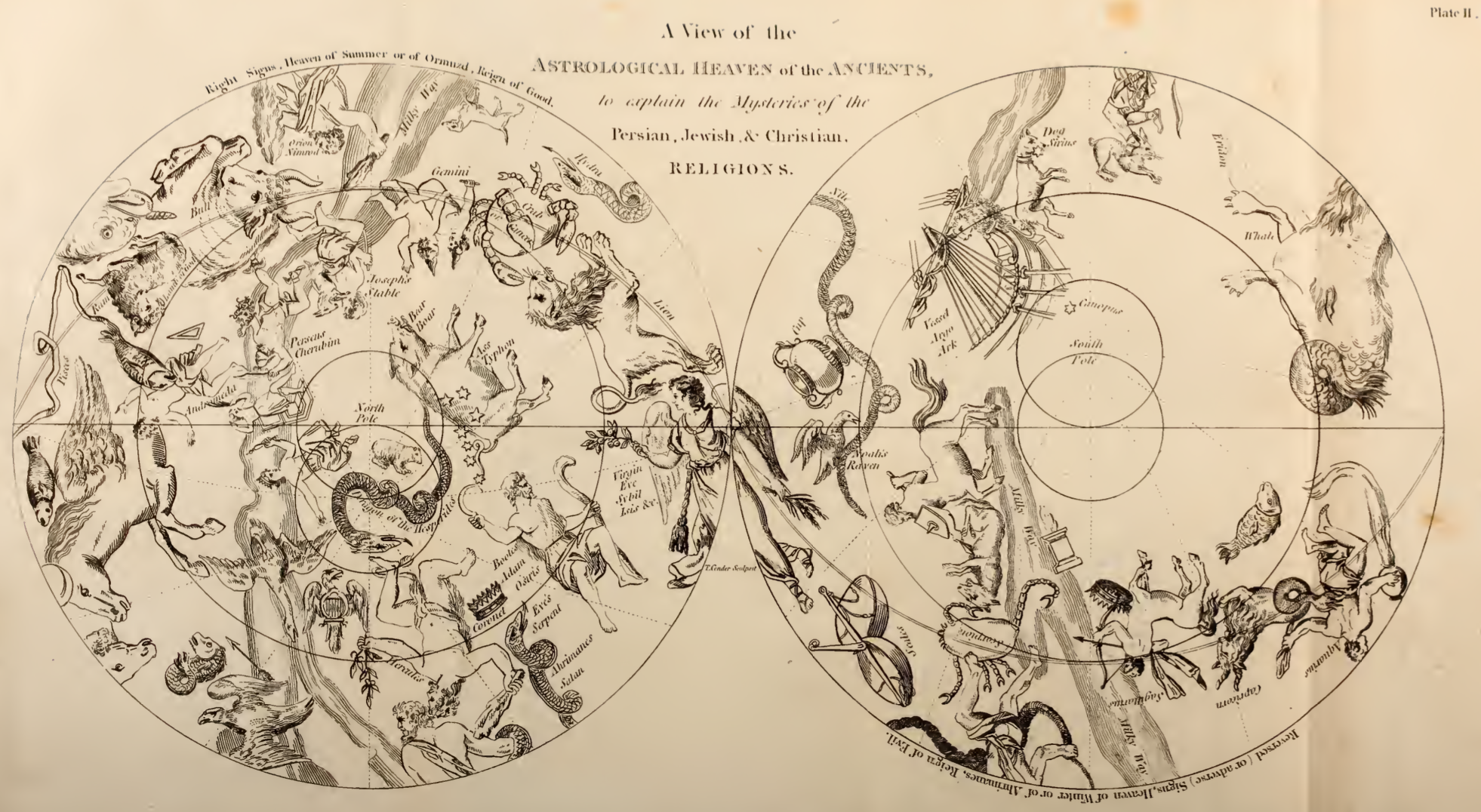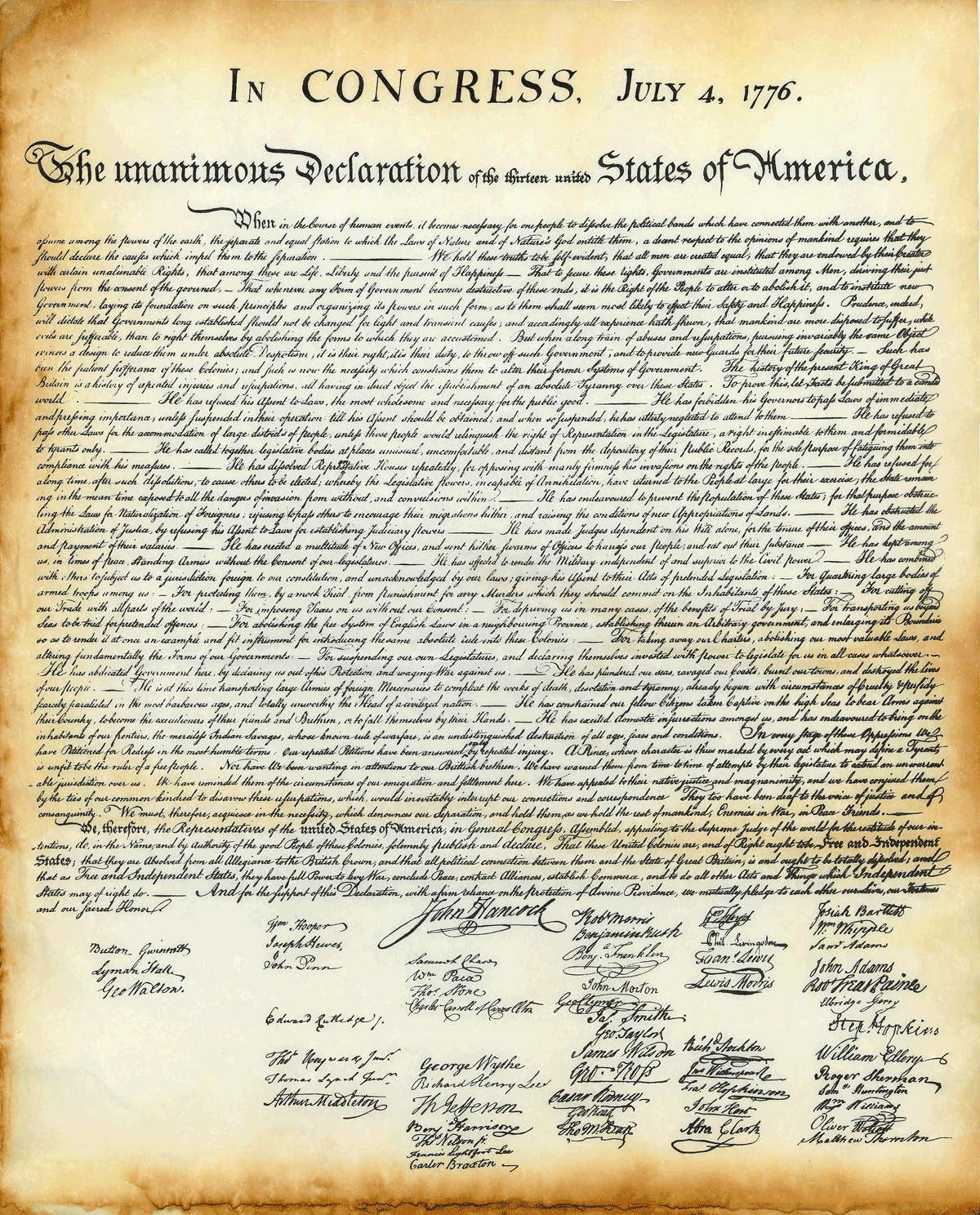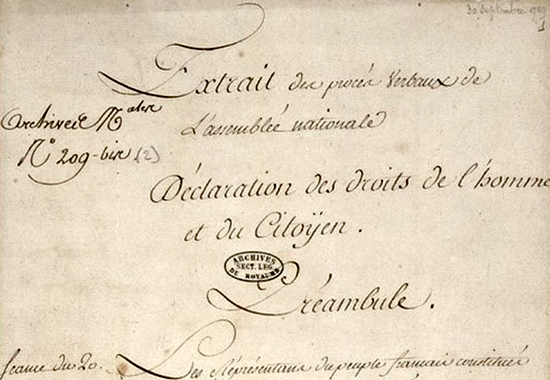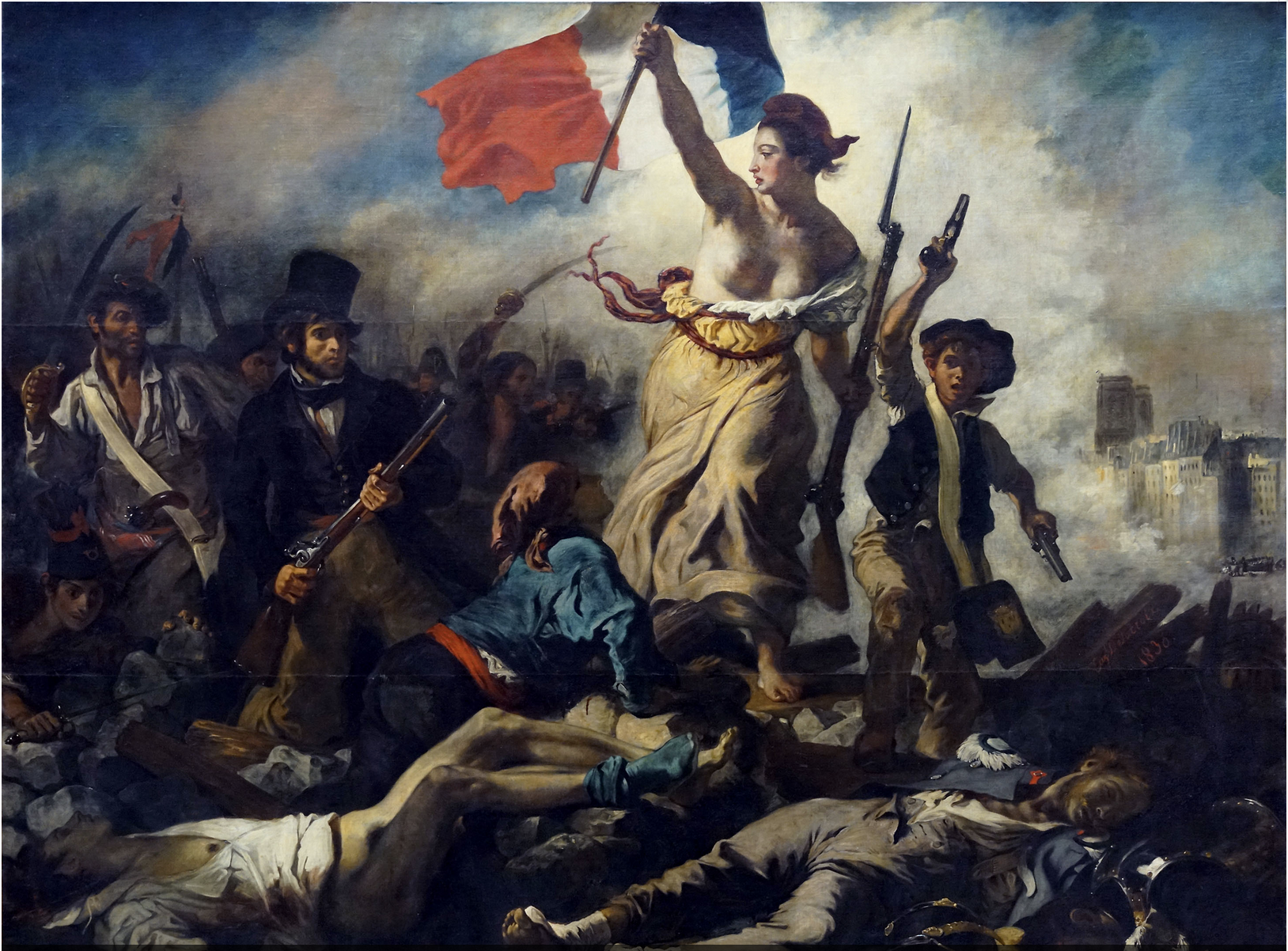Roots
|
Major
historical Events
|
Key
Works (linked)
|
Developments
in Arts & Sciences
|
Paleo-
lithic
|
|
|
Summarized in the
History of Cosmology (link);
Ch. I. From Mythos
to Cosmos (~3.3 Mya - ~11.7 kya section).
|
6th-3rd
cent. BCE
|
Greek
(Ionian-Melitan) Enlightenment
|
Links to surviving
documents will be added here.
|
Summarized in
greater detail in the accompanying History of
Cosmology Ch.
I Mythos to Cosmos. |
9th-12th
cent. CE |
Arab-Islamic
Enlightenment
|
Links to
available documents will be added here.
|
Being added in Ch.
I Mythos to Cosmos; Partial listing:
- About 2/3rds of the named
stars are named in Arabic
- Algebra – symbolic
foundations of all maths
- Indo-Arabic numerals
- Concept of an algorithm
- Improved the astrolabe
- Longitude for navigation
- Vaulted arch in architecture
- Secular or cosmopolitan
tolerance: Sephardic Jewish ‘Golden Age’ in
Iberia
- Preservation &
transmission of Greek philosophy and mathematics
|
Year
|
Major
historical Events
|
Key
Works (linked)
|
Developments
in Arts & Sciences
|
1600
|
|
1582: Il
Candelajo (Candelier; a play, link)
1584: De l'Infinito Universo e Mondi (link)
1588: De la Causa, Principio e Uno (link)
|
Bruno's Il
Canelajo forecast the idea of 'Enlightenment'
His 1584 & 1588 works introduced (Epicurean)
monism
—Roman Inquisition burns
Giordano Bruno to death
|
1603
|
|
Johannes Bayer:
Uranometria (link
expanded edition) |
Artistic-scientific
mapping of the visible starry Universe
|
1610
|
|
|
Galileo turns a
telescope on the heavens (January 1610):
—> Mountains on the Moon &
—> 4 moons of Jupiter: Io, Ganymede, Callisto,
Europa
—> And the gibbous phases of Venus:
(Aristarchan-)Copernican
Revolution
|
1618-1648
|
Thirty Years' War
|
|
Indecisive outcome
& horrific cost led many to question providence
in these religious conflicts in Europe
|
1620
|
|
Francis Bacon:
Novum Organum
Scientarum (link)
|
|
1625
|
|
Hugo Grotius:
de Jure Belli ac Pacis
(link)
|
|
1632
|
|
Galileo Galilei:
Dialogo Sopra i Due
Massimi Sistemi del
Mondo (autograph;
link);
Dialogue Concerning the
Two Chief
World Systems (link)
|
Master comparison
between the Ptolemaic &
Copernican cosmologies (cf. history
of cosmology, ch. I)
|
1633
|
|
|
Roman Inquisition
condemns Galileo
|
1635
|
|
|
Académie Française
founded
|
1637
|
|
René Descartes:
Discours de la Méthode
(link)
Les Météores (link)
La Dioptrique (link)
La Géométrie (link)
|
Descartes published
these instead of his larger planned Discourse on the World,
abandoned after the Galileo condemnation;
Descartes develops Cartesian or analytical geometry
(algebraic analyticity applied to geometry)
|
1641
|
|
René Descartes:
Meditationes de Prima
Philosophia (link)
|
|
1642-1651
|
English Civil War
|
|
|
1644
|
|
René Descartes:
Principia Philosophiae
(index
Latin)
|
|
1651
|
|
Thomas Hobbes:
Leviathan (link)
|
|
1656
|
|
Christiaan Huygens:
De Motu Corporum ex
Percussione:
Concerning the Motion
of Colliding Bodies
(publ. posthumously 1607; Engl. link)
|
Correct physical
theory of elastic collisions
|
1657-67
|
|
|
Florentine Sciences
Academy (Cimento) founded |
1660
|
Restoration of
monarchy
in England
|
|
|
1661
|
|
Johannes Bayer:
expanded
Uranometria (link)
|
12
southern constellations added from explorers'
accounts of the southern starry skies
(cf. history
of cosmology, ch. I)
|
1664-1665
|
|
|
Comets controversy
|
1666
|
|
|
Académie des
Sciences founded
|
1667
|
|
|
Observatoire de
Paris founded;
von Leeuwenhoek discovers sperm
|
1668
|
|
Christiaan Huygens:
'De motu corporum ex mutuo impulsu' read to
the Royal Society (autographs,
1669)
|
Koerbagh dies in
Amsterdam prison
|
1670
|
|
Frederik de Wit:
Planisphærium Cœleste (link;
cf. link)
Benedict de Spinoza:
Tractatus Theologicus
Politicus (link)
|
de Wit's planisphere
included the ancient Greek
constellations plus the 12 new ones by J. Bayer (1661),
& a summary of the competing cosmological
models.
|
1672
|
Dutch "True Freedom"
overthrown
|
|
|
1672-1678
|
Franco-Dutch War
|
|
|
1673
|
|
Christiaan Huygens:
Horologium
Oscillatorium (link;
Engl. link)
|
|
1675
|
|
Lucy Hutchinson:
Dedicated her translation of
Lucretius' De Rerum Natura (cf. link)
|
|
1677
|
|
Benedict de Spinoza
(post-humus):
Ethica Ordine
Geometrico Demonstrata (link)
|
|
1678
|
|
Richard Simon:
Histoire Critique de
Vieux Testament (link).
|
Spinoza's works
banned.
|
1682
|
|
Pierre Bayle:
Pensées Diverse sur la
Comète (link)
|
Acta Eruditorum
founded
|
1683
|
|
Thomas Creech:
T. Lucretius Carus, Of
the Nature of Things
(in English iambic pentameter rhyme; link)
|
Ashmolean Museum
opened
|
1685
|
Revocation of the
Edict of Nantes
|
|
|
1686
|
|
Bernard le Bovier de
Fontenelle:
Entretiens sur la
Pluralité des Mondes (link)
Conversations on the
Plurality of Worlds (link)
|
Popularized the
discoveries and work of Descartes and of Copernicus,
as well as helping make widespread the (Brunesian)
theory of the plurality of worlds.
|
1687
|
|
Sir Isaac Newton:
Philosophiæ Naturalis
Principia Mathematica
(link)
De Motu Corporum (Liber
Primus; link)
|
Extended the light
of physical law across the cosmos, (cf. history
of cosmology, ch. I)
|
1688
|
Glorious Revolution
in England
|
|
|
1689
|
|
John Locke:
Essay Concerning Human
Understanding (link)
|
|
1690
|
Williamite conquest
of Ireland
|
Anne Conway:
Principia Philosophiae
Antiquissimae et
Recentissimae (1692 English link)
Christiaan Huygens:
Traité de la Lumière
(link)
John Locke: Two Treatises of
Government (link)
|
Conway's original
philosophy of ontological monism;
Huygens' wave theory of light, prior to Newtonian
corpuscular theory of light: Quantum
theoryincorporates both the wave conception
(wavelength & frequency) as well as the
corpuscular in the photon going beyond classic
electromagnetism to electron-photon field
perturbations (QFT; 20th century)
|
1691
|
|
Balthasar Bekker:
A World Bewitched (link)
|
|
1692
|
|
|
Boyle lecture series
begins
|
1693
|
|
|
Pierre Bayle
dismissed from his teaching post
|
1694
|
|
|
University of Halle
founded
|
1695
|
|
|
Expiration of the
Licensing Act in England
|
1696
|
|
John Toland:
Christianity not
Mysterious (link)
|
|
1697
|
|
Pierre Bayle:
Dictionnaire Historique
et Critique (link)
|
|
1699-1711
|
|
|
Leibniz-Newton
Calculus controversy
|
1700
|
|
|
Prussian Academy of
Sciences founded
|
1702-1713
|
War of the Spanish
Succession
|
|
|
1704
|
Battle of Blenheim
|
John Toland:
Letters to Serena (link)
|
|
1705
|
|
Samuel Clarke: A
Demonstration of
the Being and Attributes of God (link)
|
|
1706
|
|
Matthew Tindal:
Rights of
the Christian Church Asserted (link)
|
|
1710
|
|
Gottfried Wilhelm
Leibniz:
Theodicy (link)
|
|
1711-1712
|
|
Addison and Steele:
The Spectator (link;
volume 1)
|
|
1713
|
Peace of Utrecht
ends Louis XIV's
wars
|
|
|
1720
|
Sweden's "Age of
Liberty" begins
|
|
|
1721
|
|
Baron de
Montesquieu:
Lettres Persane (link)
|
|
1723
|
|
|
Wolff expelled from
Prussia
|
1724
|
|
Anthony Collins:
Discourse of the
Grounds and Reasons
of the Christian Religion (link)
|
St. Petersburg
Academy of Sciences founded.
|
1725
|
|
Giambattista Vico: Principij
Scienza di Nuova
The New Science (link)
|
|
1726
|
|
|
Edinburgh Medical
School founded
|
1726-1728
|
|
|
Voltaire's exile in
England
|
1728-1753
|
|
Ephraim Chambers:
Cyclopædia: or, An
Universal Dictionary
of Arts and Sciences (link;
2 volumes &
supplement; multiple editions)
|
|
1729
|
|
Jean Meslier: Testament
(1729;
1732;
1762)
|
|
1732
|
|
|
Carolus Linnaeus'
expedition to Lapland
|
1733-1734
|
|
Alexander Pope:
An Essay on Man (link)
|
Written in heroic
couplet this work in light-hearted, sardonic tones
described the zeitgeist / l'esprits des temps of the
Enlightenment, under the guise of light-hearted
moderation, actually surreptitiously promoting
Radical sentiment
|
1734
|
|
Voltaire:
Lettres Philosophique
(link)
|
Capitoline Museum
opens in Rome
|
1735
|
|
Carolus Linnaeus:
Systema Naturae (link)
|
La Condamine sets
out for South America
|
1736
|
|
Christian von Wolff:
Theologia Naturalis
(link
[1739])
|
|
1737
|
|
|
Göttingen University
founded
|
1739
|
|
David Hume:
Treatise of Human
Nature (link)
|
Royal Swedish
Academy founded
|
1740
|
|
Gabrielle Émilie,
Marquise de Châtelet:
Institutions de
Physique (link)
|
First to propose the
conservation of total energy,
then derived the mass-velocity relation (link)
|
1742
|
|
|
Royal
Danish-Norwegian Academy founded
|
1743
|
|
|
American
Philosophical Society founded
|
1744
|
|
|
Royal Prussian
Academy re-founded in Berlin
|
1747
|
|
Julian Offray de la
Mettrie:
L'Homme Machine (link)
|
The Encyclopédie
project begins
|
1748
|
|
Baron de
Montesquieu:
De l'Esprit des Loix (link)
|
|
1748-1750
|
|
|
The journal La
Spectatrice Danoise edited by
La Beaumelle in Copenhagen
|
1749
|
|
Dennis Diderot:
Letter on the Blind
(link)
|
|
1749-1750
|
|
Georges-Louis
LeClerc de Buffon:
Histoire Naturelle
(link;
link)
|
Voltaire moves to
Berlin
|
1750
|
|
Thomas Wright:
An Original Theory or
New Hypothesis
of the Universe (link)
|
Wright proposed that
other stellar systems exist out there beyond our
local stellar system; what we now call galaxies (history
of cosmology: ch.
I).
|
1751-1752
|
|
Abbé Nicolas-Louis
de Lacaille:
A catalogue of 9766 stars in the
southern hemisphere (1847)
|
Abbé de Lacaille
journey of astronomical observations
from the Cape of Good Hope
|
1751-1772
|
|
d'Alembert; Diderot
(eds.) & many lumières:
Encyclopédie, ou
Dictionnaire
Raisonné des Sciences,
des Arts et des Métiers (17+11 vols.; link)
|
|
1753
|
|
|
The British Museum
founded
|
1754-1761
|
|
David Hume:
History of England
(link)
|
|
1755
|
The Lisbon
Earthquake & the
start of Pombal's reforms in
Portugal
|
Immanuel Kant:
Allgemeine
Naturgeschichte und
Theorie des Himmels (link);
Universal Natural
History and
Theory of the Heavens (link)
|
Madrid Royal
Botanical Gardens founded
Kant's theory proposed the "island universe"
hypothesis for distant nebulosities seen through the
telescope,what we now call galaxies (history
of cosmology: ch.
I).
|
1756
|
|
Voltaire: Essai
sur les Mœurs et l'Esprit des Nations
(Multi-volume history: link)
James Ferguson:
Astronomy Explained On
Sir Isaac
Newton's Principles (link)
|
Pombal institutes
the Douro Wine Company
|
1757
|
British seize
Calcutta
|
|
Rupture between
Rousseau and Diderot
|
1758
|
|
Claude-Adrien
Helvétius:
De l'Esprit (link)
|
|
1759
|
|
Voltaire: Candide
(link;
link)
Gabrielle Émilie, Marquise
de Châtelet:
Principes Mathématiques
de la Philosophie
Naturelle (transl. Newton's Principia:
link)
|
Encyclopédie
banned
Kew Gardens founded
|
1761
|
|
Jean Jacques
Rousseau:
La Nouvelle Héloïse
(link;
link)
|
Berlin State Library
founded
|
1761-1767
|
|
|
Danish Royal Arabian
Expedition
|
1762
|
|
Jean Jacques
Rousseau:
Du Contrat Social, ou
Principes
du Droit Politique (link)
The Social Contract
(link;
link)
|
Cambridge Botanical
Gardend founded
|
1763
|
|
Abbé Nicolas-Louis
de Lacaille:
Coelum Australe
Stelliferum (link)
|
Abbé de Lacaille
added 14
new constellations
to the southern skies
|
1767
|
The Jesuits expelled
from Spain &
Spanish America
|
|
|
1770
|
|
Guillaume Thomas François
Raynal:
Histoire
Philosophique et Politique (19 v; link)
Baron d'Holbach:
Système de la Nature (link;
link;
link)
|
|
1770-1772
|
Struensee's reforms
in Denmark-
Norway
|
Voltaire:
Questions sur l’Encyclopédie (1772; link)
|
|
1772-1784
|
Gustav III's reforms
in Sweden-
Finland
|
|
|
1773
|
|
Baron d'Holbach: La
Politique Naturelle (link)
|
America's first
public museum founded
|
1773-1774
|
|
|
Diderot's visit to
Russia
|
| 1775 |
|
Thomas Paine:
African Slavery in
America (link)
|
|
1774-1776
|
Turgot's failed
reforms in France
|
|
|
1774-1781
|
|
Charles Messier (link):
Catalogue des
Nébuleuses &
des Amas d'Étoiles (1771-1774;
1781
scans);
Catalogue of Nebulae
& Star Clusters (link)
|
Charles Messier,
astronomer and comet-hunter,
created the first deep sky catalogue of astronomical
bodies, significant in the
history of cosmology.
|
1775-1776
|
Start of the
American Revolution
|
|
|
1776
|
|
Thomas Paine: Common
Sense (link;
link)
The American Crisis
series (link)
US Declaration of Independence (link)
Adam Smith: Wealth of Nations (link)
|
Thomas Paine,
Abolitionist, social security / old age pension
advocate, democratic constitution & human rights
advocate, freethinker and Deist.
|
1776-1783
|
|
Thomas Paine: The
Crisis (link)
|
|
1776-1785
|
|
|
Ben Franklin is US
Envoy in Paris
|
1778
|
Franco-American
alliance
|
|
Batavian Arts and
Science Society founded in Jakarta
|
1779
|
|
|
Fridericianum state
museum founded in Kassel
|
1780
|
|
Jeremy Bentham:
Introduction to the
Principles of Morals (link)
|
|
1780-1787
|
Dutch "patriot"
democratic
movement
|
|
|
1781
|
|
Immanuel Kant:
The Critique of Pure
Reason (link)
|
|
1781-1789
|
|
|
William Herschel
astronomical discoveries (link):
—> Planet Uranus (1781)
—> Proper motion of Sun & solar system by
stars (1783)
—> Model of the Milky Way galaxy (1785)
—> Titania & Oberon = moons of Uranus (1787)
—> Mimas & Enceladus = moons of Saturn (1789)
|
1782
|
Joseph II's
Toleration Edict
|
|
|
1784
|
|
|
Calcutta's Asiatick
Society of Bengal founded
|
1785
|
|
|
Start of Pantheism
controversy in Germany
|
1786
|
|
William Herschel:
Catalogue of Nebulae
and Clusters of Stars
(link)
|
|
1788
|
US
Constitution ratified
|
Immanuel Kant:
The Critique of
Practical Reason (link)
|
Iroquois 6 nation /
Am. Indian federal
democracy influence on US representative
federalism (Kickenbird,
1987;
Miller,
2015; US Senate 1988
acknowledgment).
|
1789
|
Start of the French
Revolution
|
|
The Declaration
des Droits de l'Homme et du Citoyen published
by the revolutionary Assemblée Nationale in Paris:
Freedom of the press in France
|
1789-1791
|
|
Erasmus Darwin:
The Botanic Garden:
Parts I & II (link;
cf. link)
|
Abolitionist; equal
rights for women;
Forerunner of Darwinian evolution by his grandson,
Charles Darwin online.
|
1791
|
|
C. F. Volney: The
Ruins (link;
link). A radical
'philosophy of history' essay.
|
Pantheonization of
Voltaire in Paris
|
1791-1792
|
|
Thomas Paine:
The Rights of Man;
Parts I & II (link;
link;
link;
link;
link);
|
|
1791-1793
|
|
|
Louvre transformed
into a national museum
|
1792
|
First French
Republic founded
|
Mary Wollstonecraft:
Vindication of the
Right of Woman (link)
|
|
1792-1793
|
Condorcet's
attempted
constitutional and educational
reforms
|
|
|
1793
|
15-16 February 1793
introduction
of Le Plan de Constitution, signed by
Le Comité de Constitution: Nicolas de Caritat,
Marquis(e) de Condorcet with his wife, the Marquise,
Armand Gensonné, Bertrand Barère de Vieuzac, Charles
Jean Marie Barbaroux, American Thomas Paine, Jérôme
Pétion de Villeneuve, Pierre Victurnien Vergniaud,
Emmanuel Joseph Sieyès or Abbé Sieyès (Le
Constitution Girondine; link)
|
Marquis(e) de
Condorcet:
Plan de Constitution
Présenté à la Convention
Nationale, 15 fev 1793 (link;
link)
Constitution presented, 24 juin 1793 (link;
link)
Jean-François Varlet:
Declarations des Droits
de l’Homme
dans l’état social (link)
|
Le Constitution
Girondine = the world's first democratic
constitution (J. Israel, 2014).
Paris National Natural
History Museum founded
|
1793-1794
|
Terror in France
|
|
Jacobins suppress
press freedom
|
1794
|
Abolition of slavery
in the French
Empire
|
Thomas Paine:
The Age of Reason (link;
link)
|
Antoine Lavoisier
guillotined
|
1794-1796
|
|
Erasmus Darwin:
Zoonomia (Part
I; Part
II)
|
Erasmus
Darwin, Abolitionist; equal rights for women
|
1795
|
Batavian Revolution
in the
Netherlands
|
Marquis de
Condorcet:
Esquisse d'un Tableau
Historique des
Progrès de l'Esprit Humain (link)
|
Institut de France
founded
|
1796-1799
|
The Triennio of
Napoleonic
reforms in northern Italy
|
|
|
1797
|
|
Thomas Paine:
Agrarian Justice (link;
link)
|
|
1798
|
Napoleon invades
Egypt
|
|
|
1798-1801
|
|
|
Institut d'Égypte in
Cairo founded
|
1799
|
|
Pierre-Simon,
Marquis de Laplace:
Traité de Mécanique
Céleste, Vol 1 (link)
Traité de Mécanique
Céleste, Vol 2 (link)
|
Rosetta Stone
discovered
|
1800
|
|
|
Lamarck outlines his
evolutionary theory
|
1802
|
Napoleon restores
slavery
in the French Empire
|
Pierre-Simon,
Marquis de Laplace:
Traité de Mécanique
Céleste, Vol 3 (link)
|
Secularization of
the Bavarian State Library
|
1803
|
Louisiana Purchase
by
Jefferson
|
Erasmus Darwin:
The Temple of Nature;
or, the Origin of
Society (link)
|
|
1805
|
|
Pierre-Simon,
Marquis de Laplace:
Traité de Mécanique
Céleste, Vol 4 (link)
Traité de Mécanique
Céleste, Vol 5 (1852)
|
|
1806-1813
|
Napoleon's
Confederation of
the Rhine
|
|
|
1807-1810
|
King Louis
Bonaparte's reform
in the Netherlands
|
|
|
1808
|
|
|
Royal Dutch Academy
of Sciences founded |
1808-1813
|
King Joseph's
reforms in Spain
|
|
|
1810
|
|
|
The new University
of Berlin opens
|
1811-1812
|
First Venezuelan
Republic
|
|
|
1814-1815
|
Congress of Vienna
|
|
|
1815
|
Napoleon's 100 days
|
|
|
1817
|
|
|
Bentham reveals his
radicalization |
1819
|
|
|
Open of the Prado
Museum in Madrid
|
1923
|
|
Pierre-Simon,
Marquis de Laplace:
Précis de l'Histoire de
l'Astronomie (link) |
|
1824
|
|
Pierre-Simon,
Marquis de Laplace:
Exposition du Système
du Monde (link)
|
Braille invented;
London College National Gallery founded
|
1826
|
|
|
University College
London founded
|
1830
|
String of
revolutions in Europe
|
|
|
Legacy
|
Major
historical Events |
Key
Works (linked) |
Developments
in Arts & Sciences |
19th-
present
|
|

|
|

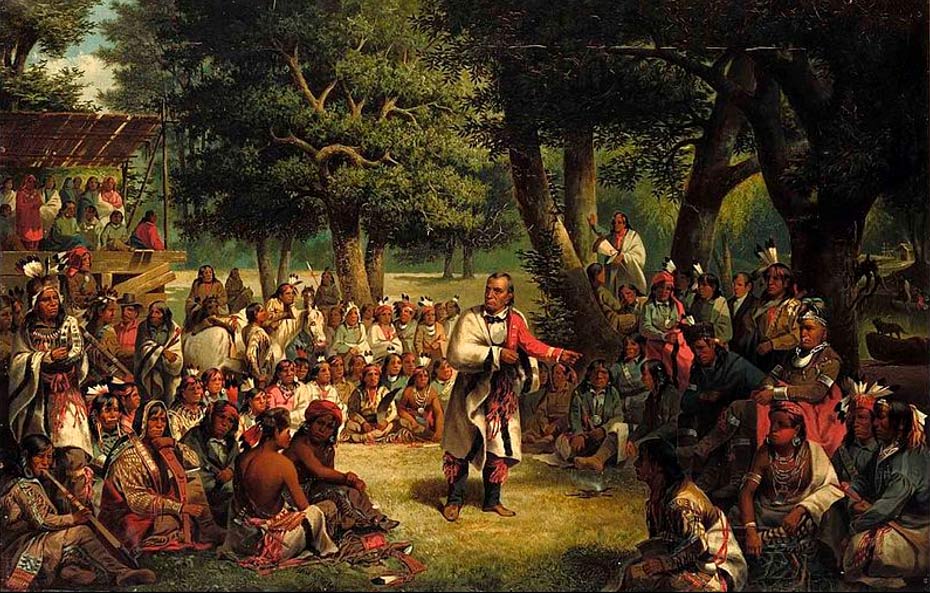
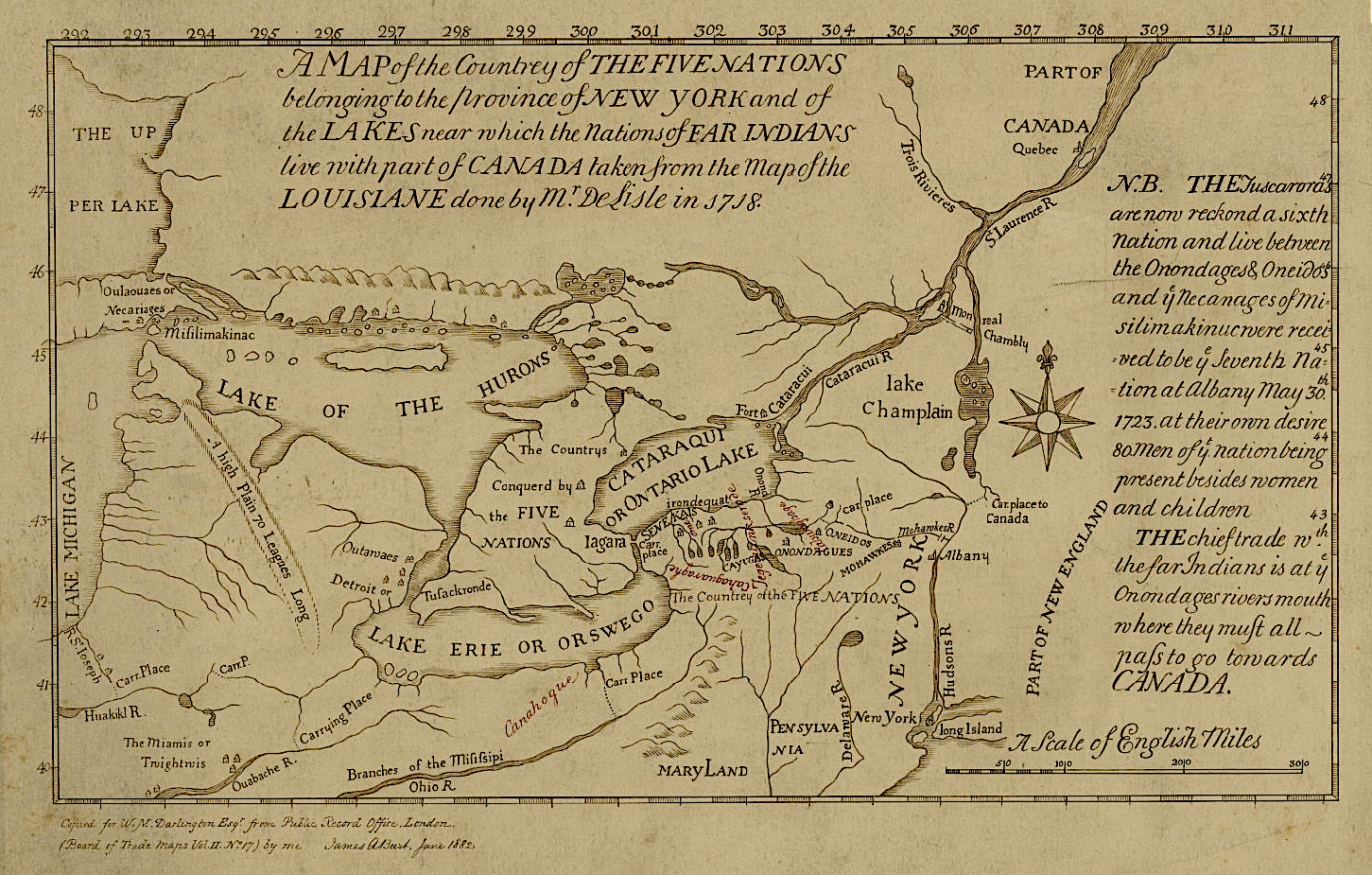
_(14598247259).jpg)
